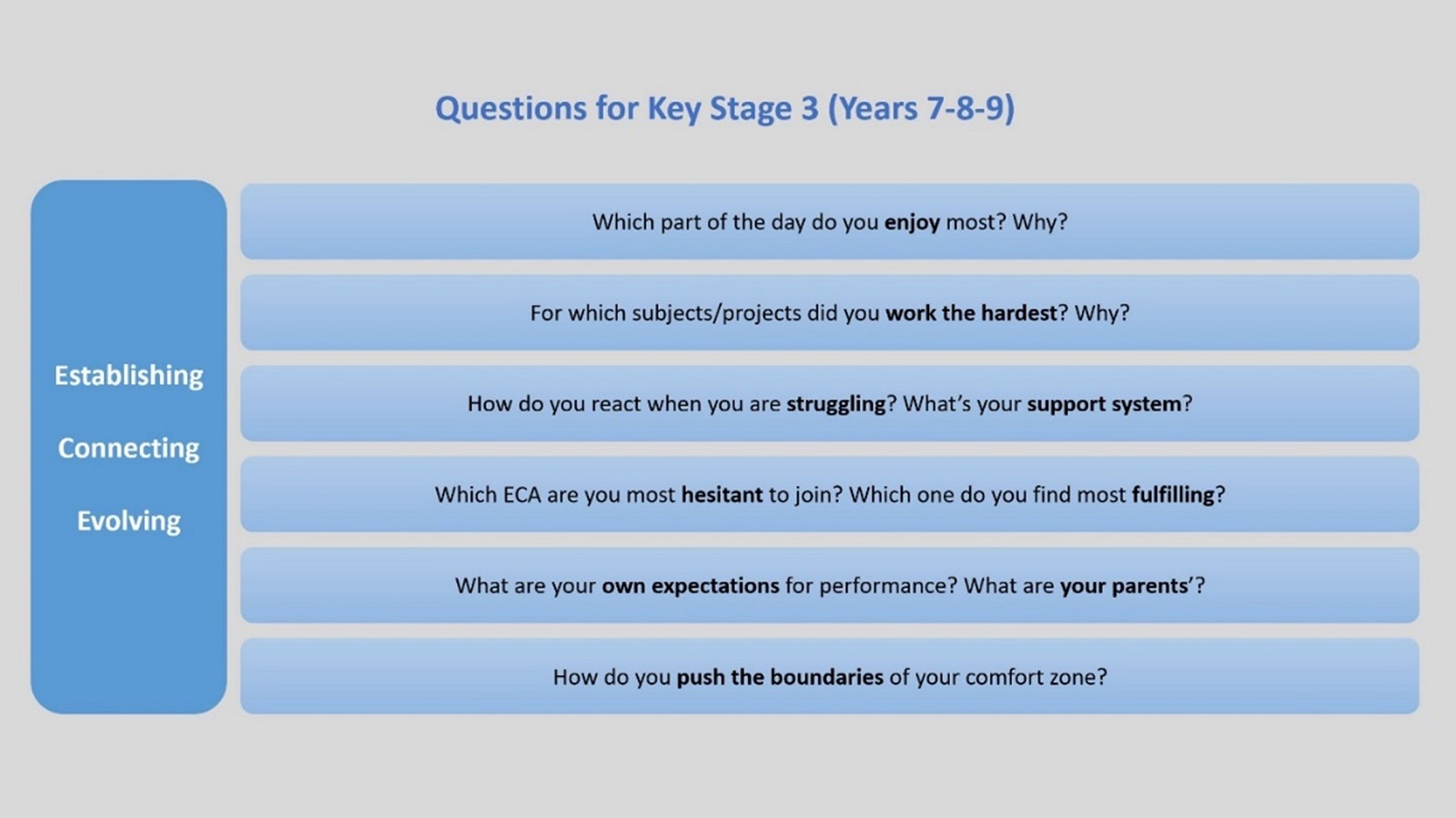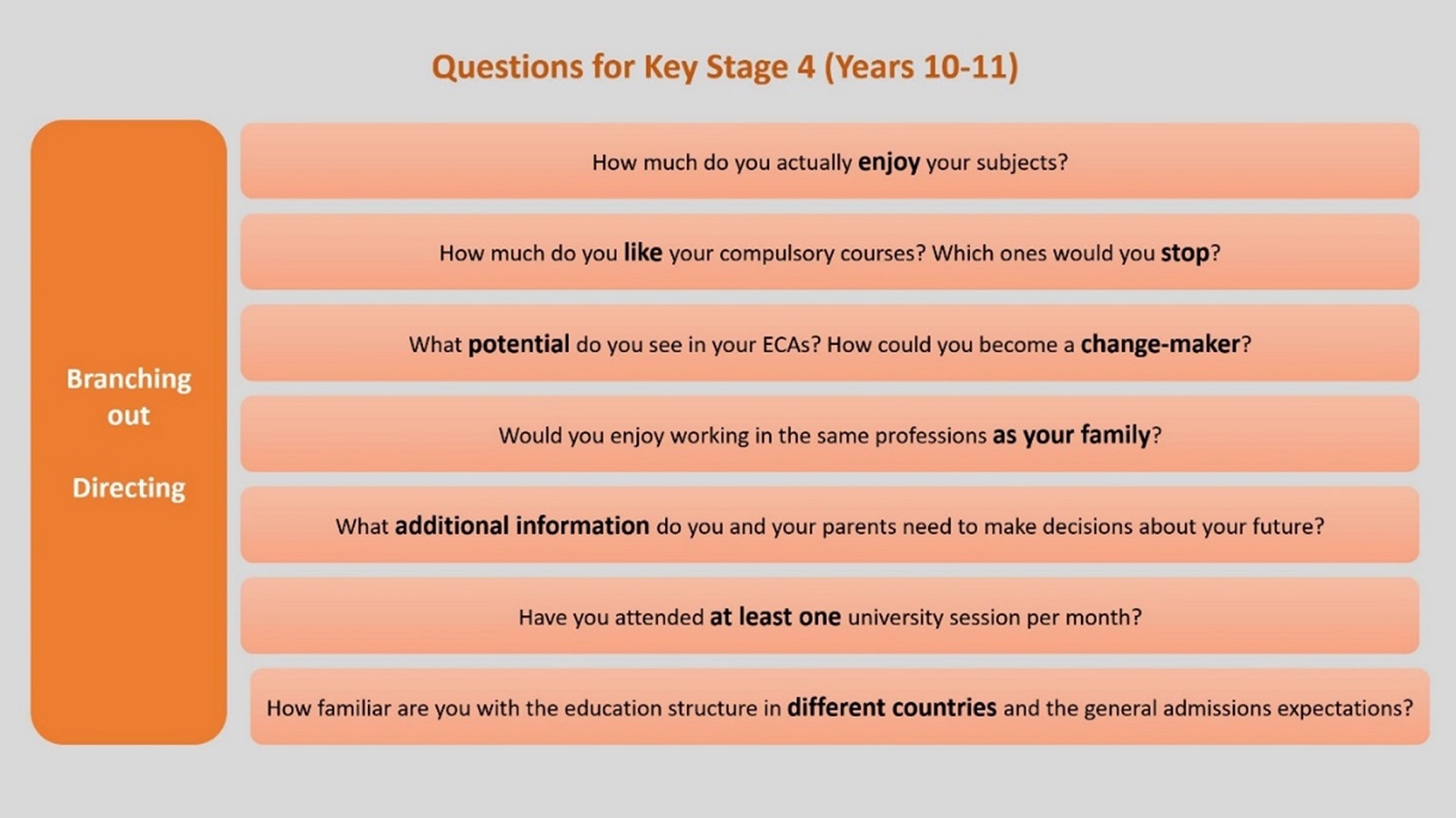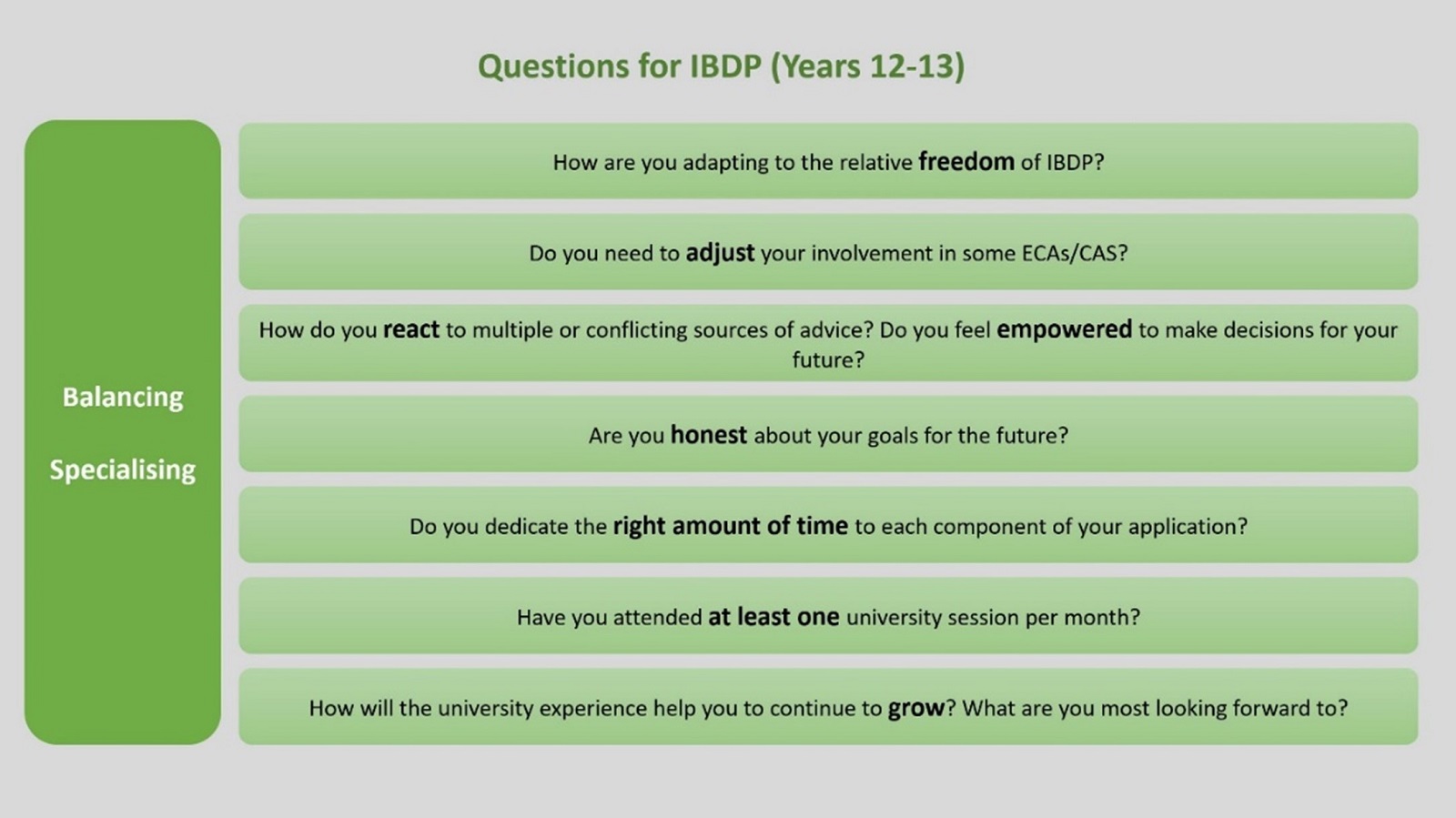Guiding Senior School students along their best fit journey
Author:Jeffrey Harmon | Director of University Counselling
When our graduates head off to university, most people see mature students who knew exactly how to find the university of their choice. The reality is less straightforward, with students evolving from being clueless to indecisive about their future before clearly identifying their ideal environment, programme or location. This is a long personal journey that builds and evolves over the years across the whole College.
There are different ways to help students to think more broadly about the university education and experience they will have. In Senior School, the main thing we try to instil is that best fit is not a competing idea to prestige: a university can be both! It is however worth noting that:
- Ranking and reputation are dynamic and constantly changing, so what is true now can be totally different in 5, 10 or 20 years.
- It is strategically in the student’s best interest to consider best fit because highly selective universities are actively assessing for students who will be positive contributors to their unique campus culture. The students who can define what matters most to them, and find universities with the same values, are most likely to be admitted, as well as get the most from their experience.
- And perhaps most important, is that discussions of best fit focus on a process of introspection and research skills. With this in mind, we provide our Senior School students with specific tools to guide their reflections as they move along the different year groups.
To mark the half-term, all students in Senior School received an Engagement Report. Although it does not contain any official grades, this Engagement Report is essential for all students to reflect on their progress so far. Parents are encouraged to spend time with their children to discuss why they may be less engaged in a particular class: is it a difficult subject, a new teacher or a change to how the material is taught or assessed? Parents and children can then work together on strategies to engage more actively with their teacher and classmates moving forward, especially if the class feels inaccessible.
Another important milestone is Pathways Day. Each year, Senior School students have two whole days that are dedicated to reflecting on the future, setting goals and reinforcing good communication amongst students, parents and teachers. Students should set a yearly goal in three areas: academic, social, and extra-curricular/professional.
To make the most of the upcoming Pathways Day, below are some suggested questions for students in different age groups, specifically as they relate to preparation for university study and professional work.
By the end of Key Stage 3, students should have a general sense of who they are and how to identify both their strengths and areas for improvement. Key Stage 3 can be hectic with the many new subjects and ECAs, so it is important to establish appropriate and healthy habits around work, play and sleep.

By the end of Key Stage 4, students should have a general direction for their future: their preferred career pathway, potential academic major in university and target destinations for university study and work. Key Stage 4 is still a time of exploration, but it should become more focused as students introspect and begin to make decisions about how to build off their experiences.

By the end of the IBDP, students will be embarking on their journey of young adulthood. They should be equipped with the skills to articulate their values and ambitions as well as an adaptive mindset to respond to change (in their environment as well as themselves). Students should be confident in their own decision-making process, including acknowledging when they still need to learn or experience more.

The concept of best fit and reflecting on one’s own values and progress can be applied beyond just university applications, which is why we focus on developing this skill set. At Dulwich College Beijing, teachers, counsellors and administrators all collaborate to guide students to find their own aspirations and realise their full potential. As educators, we are fully aware of the pressure students can be facing along this journey. Our role is to help them find the delicate balance between their pursuit of success and their wellbeing.








